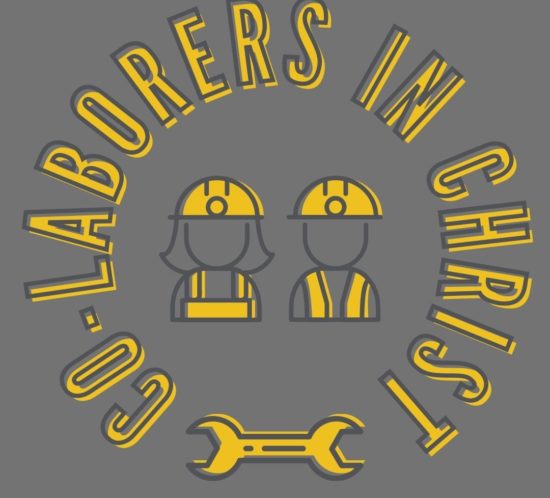The Empathy We Need Most
Bible Text: Jonah 4 | Preacher: Kyle Wells | Series: Jonah
When we are in the wrong, we long for grace. But when someone has wronged us, we often want the offender to get what they deserve. We want grace for ourselves, but karma for others. How can we go from hating our enemies to loving them and even rejoicing when they receive grace? Join us this week as we conclude our series on the Old Testament prophet Jonah.





